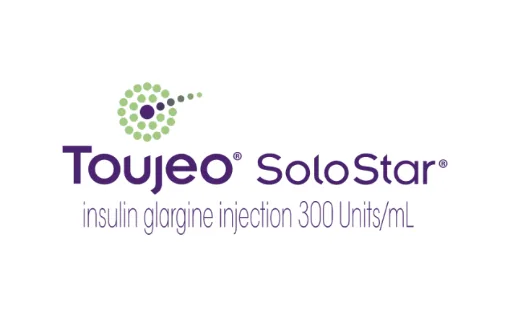- Your cart is empty
- Continue Shopping
Product
- Canadian Pharmacy Online Pharmacy | Online Canadian Pharmacy
- Need More Information Call Us 1-833-356-6337
SOLIQUA – (insulin glargine and lixisenatide)
Description
SOLIQUA 100/33 (insulin glargine and lixisenatide) is a prescription drug for people with type 2 diabetes mellitus. It is used to treat high blood sugar (hyperglycemia) and to improve glycemic control.
SOLIQUA insulin glargine/lixisenatide should be used in combination with diet and exercise.
Directions
Inject SOLIQUA 100/33 subcutaneously once daily. Inject within one hour before the first meal of the day.
The two possible starting doses are:
- 15 units insulin glargine and 5 micrograms lixisenatide
- 30 units insulin glargine and 10 micrograms lixisenatide
The prescriber will determine the starting dose, and it is based on how much insulin you normally use. Over time, the dose can be increased to a maximum of 60 units/20 micrograms.
Ingredients
SOLIQUA contains two ingredients: a long-acting insulin and a GLP-1 receptor agonist.
Insulin glargine is a long-acting insulin that is administered once daily to achieve glycemic control for about 24 hours.
Lixisenatide is a GLP-1 receptor agonist. It works by slowing down food that moves through the gastrointestinal tract and causing the pancreas to release extra insulin.
Interactions
The following medications can raise or lower blood sugar. Use caution and tell your doctor if you are taking:
- Alcohol
- Atypical Antipsychotics
- Corticosteroids
- Disopyramide
- Diuretics
- Estrogens/Progesterones
- Fibrates
- Fluoxetine
- Isoniazid
- Lithium
- Monoamine Oxidase Inhibitors (MAOIs)
- Niacin
- Oral antidiabetic agents
- Pentoxifylline
- Phenothiazine derivatives
- Pramlintide
- Propoxyphene
- Protease inhibitors
- Salicylates
- Somatostatin Analogues
- Somatropin
- Sulfonamide Antibiotics
- Sympathomimetic agents
- Thyroid replacement medication
Certain drugs can mask the symptoms of low blood sugar. Use caution if you are taking:
- Beta-blockers
- Clonidine
- Guanethidine
- Reserpine
Lixisenatide slows down the gastrointestinal tract and may affect the absorption of some drugs. Take these drugs one hour before or 11 hours after SOLIQUA 100/33:
- Acetaminophen (Tylenol)
- Antibiotics
- Oral contraceptives
Cautions
Your doctor should monitor kidney function, liver function, and potassium levels. Tell your doctor if you have a history of cardiovascular disease.
Tell your doctor if you have a history of pancreatitis.
Read the SOLIQUA 100/33 label carefully before each injection to prevent medication errors.
Side Effects
Some of the most common side effects of SOLIQUA 100/33 may include:
- Allergic reactions
- Diarrhea
- Hypoglycemia
- Nasopharyngitis
- Nausea
- Upper respiratory tract infections
IMPORTANT NOTE: The above information is intended to increase awareness of health information and does not suggest treatment or diagnosis. This information is not a substitute for individual medical attention and should not be construed to indicate that use of the drug is safe, appropriate, or effective for you. See your health care professional for medical advice and treatment.






